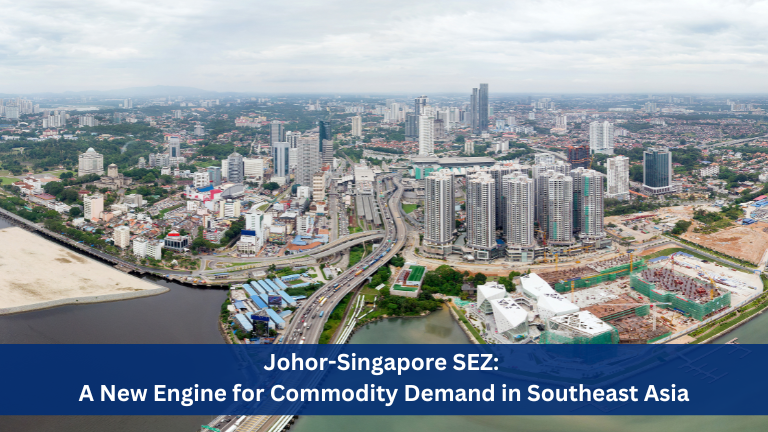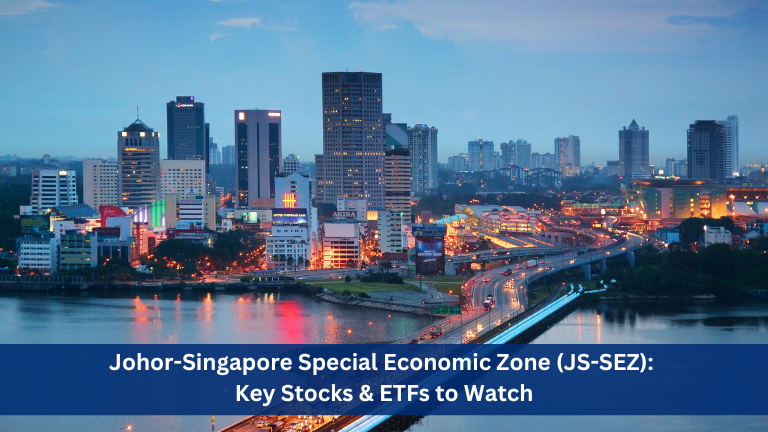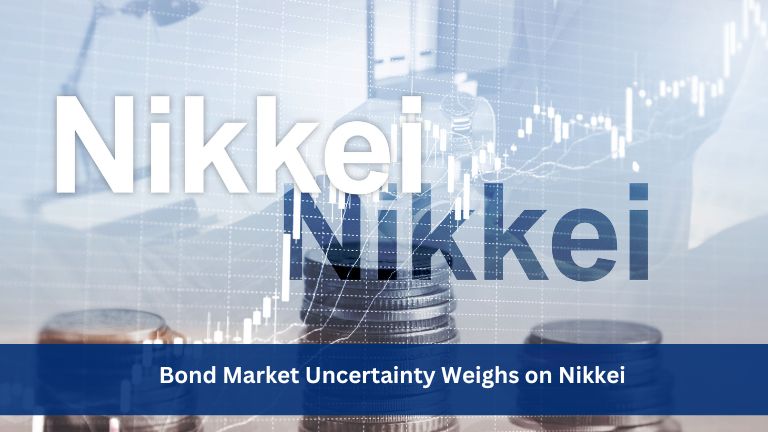By Stephen Ong, Senior Account Executive, Phillip Futures
With the rising interest for Environmental, Social and Governance (ESG) investing, we will explore the top 3 Singapore stocks with the best ESG ratings for ESG investing.
ESG investing, also known as sustainable investing, is not just sought after by institutional investors but also by retail investors as they are becoming concerned about the wider social, environmental and governance impacts of companies they invest in.
ESG ratings are benchmarks that investors can use to identify potential ESG investments. Classifying ESG factors can be crucial to assessing the sustainability and social impact for an investment in a company.
Investors usually consider ESG issues such as greenhouse gas emission and energy consumption, employee productivity, gender diversity, supply-chain management, company board leadership and executives compensation; when finding quality ESG companies to invest in; whilst seeking companies that are also able to generate appropriate investment returns.
However, investing in ESG companies is not as straightforward as evaluating stocks using financial analysis; as ESG performance benchmarks differ from one rating provider to another. Hence, Singapore Exchange (SGX) has partnered with leading rating providers to administer these ESG scores to illustrate how companies handle ESG issues that affect their businesses.
These ratings are calculated based on each individual providers’ proprietary models that are typically rules-based with a strong emphasis on impacts that affect stakeholder value for the company. Thus, there are no standardized scoring systems for ESG investing. For more information, please visit SGX ESG Stock Rating page.
We shall now take a look at 3 stocks that have performed well in their ESG ratings on the SGX platform.
City Development (SGX: C09)
City Developments Ltd (CDL) is a one of Singapore’s leading real estate developers who have built over 15,000 homes since 1963. It is also one of Singapore’s largest portfolios of commercial, hospitality and retail space across 112 locations in 29 countries and regions. CDL also has 7 companies listed on stock exchanges in Singapore, London, Amsterdam, Hong Kong, New Zealand and Manila.
Based on the SGX platform, as of 23th July 2021, CDL has the highest FTSE Russell Rating of 4.1 with a MSCI score of AAA and a S&P Global ESG grade of 72.
Browsing through CDL latest sustainability report demonstrates why CDL had performed exceedingly well for its ESG ratings. For instance, CDL has designated and deployed green innovations technology as the next phase of sustainable development for all the buildings it develops.
From its continual advancements in environmental friendly developments that improves lifestyles; to revolutionary methods that advocates recycling, increasing productivity and raising efficiency; CDL is relentless in its pursuit for breakthrough technological innovations that not only improve home buyers’ way of life but also creates a positive impact for the environment.
CDL’s commitment to sustainable development has also won many accolades such as the world’s record for the largest vertical garden located at Tree House condominium; to the largest solar panel system in Singapore’s D’Nest condominium.
In addition, during Singapore’s Phase 2 Heightened Alert from July 22 to Aug 18, CDL had once again extended rental, operational and marketing support to more than 400 affected tenants.
However, a one-off impairment of $1.78 billion on Sincere Property Group investment, has adversely affected its stock performance recently. CDL has recorded a loss after tax and a non-controlling interest of $1.9 billion for FY2020.
Nonetheless, due to the prolonged COVID-19 pandemic, CDL has also seen a decline in its revenue for FY2020 from its hotel operations, property development and investment properties.
CDL is currently trading at a price-to-book (P/B) value of 0.733 and the average dividend yield over a 5-year period is 1.277%.
DBS (SGX: D05)
DBS is a Singapore and Southeast Asian banking juggernaut. Its behemoth performance is reflected not just in its recent financial results but also in its ESG ratings. Currently, as of 23th July 2021, the DBS ESG scoreboard stands at 3.7 for its FTSE Russell Rating with a MSCI grading of AA, whilst its S&P Global ESG Score is 68.
DBS actively promotes and nurtures social enterprises and self-sustaining businesses that creatively and effectively address social needs that offer sustainable solutions with social enterprises providing jobs, goods and services to the disadvantaged and marginalised. DBS’s support for social enterprises resonates with their heritage as a ‘development bank‘, while leveraging on their expertise in serving the small and medium-sized enterprises. DBS has widely endorsed ESG investing and providing access to investors who are interested in ESG portfolio investment.
DBS financial results couldn’t be more spectacular, DBS Group Holdings has reported earnings of $1.70 billion for the 2QFY2021 ended June, 37% higher than earnings of $1.25 billion in the corresponding period the year before. The price-to-book (P/B) value of 1.406 and its price-to-earnings (P/E) ratio of 16.632 is better than its industry peers. Moreover, the average dividend yield over a 5-year period for DBS is 4.16%.
As of the end of June this year, DBS’ share prices have performed remarkably well with a gain of about 18% since the start of 2021.
SembCorp Industries (SGX: U96)
SembCorp Industries, ranks third on the SGX ESG platform and it has a rating of 3.5 on the FTSE Russell Rating and an A score for the MSCI Rating. Its S&P Global ESG grade is 59, as of 23th July 2021.
After a recent round of corporate restructuring, SembCorp Industries is now focusing their business in two main sectors: energy and integrated urban solutions.
SembCorp Industries is one of the largest Singapore homegrown renewable energy players with more than 3,300MW of renewable energy capacity globally. Their renewable energy portfolio consists of wind, solar and energy storage in key markets such as Singapore, Vietnam, China, India and the UK, and they continue to target growth opportunities in this sector. Their focus on renewable energy has impacted positively on their ESG scores.
Moreover, their innovative integrated urban solutions in sectors such as urban, water, and waste-to-resource not only supports sustainable development but also addresses environmental concerns at the same time. Hence, their attention to providing innovative integrated urban solutions has reflected well in their ESG grades.
However, their heavy involvement and reliance on conventional energy resources has affected their ESG ranking, as such they had leveraged on technologies for greater efficiency to maximise energy generated from fuel diversity and to minimize carbon footprints.
Driven by their purpose to build a sustainable future, SembCorp Industries has implemented a Climate Action Plan on how it would contribute to energy transition, sustain urban development and protect the environment. Furthermore, the company also constantly monitors its own ESG performance, which displays how it has performed over time in different environmental barometers.
SembCorp Industries has a price-to-book (P/B) value of 1.115 and the average dividend yield over a 5-year period is 3.659%.
SembCorp Industries’ share prices have performed exceptionally well since the start of the year with a price increase of about 25% by the end of June.
Finally, finding the best ESG companies with strong stocks and growth needn’t be a trade-off with ESG values. Investors can invest in shares CFD of stocks that not only demonstrate good ESG scores but are also strong in fundamental and technical areas that is reflected in its robust stock price performance.

Stephen Ong is a Senior Account Executive with Phillip Futures. With over 20 years of experience in the CFD, Forex, and Futures markets, he offers actionable financial insights on multiple asset classes and how best to implement a successful trading plan on market view.






